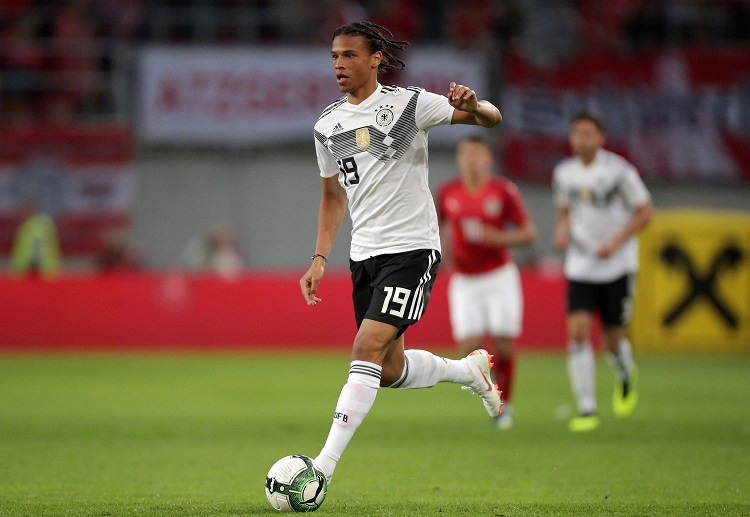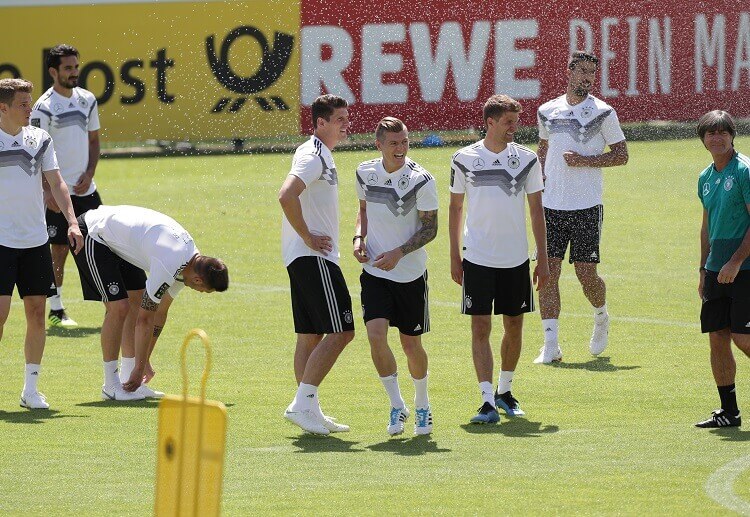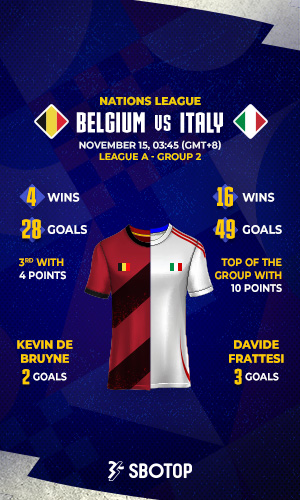The World Cup 2018 is upon us and all eyes will be on defending champions Germany who are seeking football immortality by winning back-to-back titles.
Joachim Low’s men are heading to the summer tournament not only as champions but also as the top-ranked nation in the world, so it’s no wonder why the Germans are considered favourites to top their group and lift the trophy in Moscow come July.
However, the team’s recent performance in friendlies and a number of other factors have raised doubts whether or not this current version of the Germany squad is up to par with the 2014 team that obliterated Brazil en route to the title.
Ahead of the World Cup kick-off, SBOBET takes a look at Germany and presents five talking points that could well dictate the direction of their historic title bid.
Depth and quality of the second string
Die Mannschaft are brimming with quality, so concerns about their depth are not even worth discussing, right?
Not to mention that they won the Confederations Cup in Russia last year with what was virtually their second string.
But make no mistake, Germany haven’t won a friendly game since qualifying and even lost to an Austrian squad that won’t be competing in the summer event!
While most German fans wouldn’t give much importance to the outcome of a mere friendly, a five-game winless streak is unacceptable. It also raises one intriguing thought: the Germans might not be as good as we make them out to be.
Dropping Leroy Sane from the nation’s final 23-man squad is also a risky move for Joachim Low. Unarguably the biggest omission in this year’s World Cup, Sane was left out in favour of Bayer Leverkusen’s Julian Brandt.

Sane might not be the best fit for the team, but his electric pace and unpredictable movement could be a critical weapon off the bench for Germany. But now, what seems to be a struggling backup squad have to do without one of their brightest young stars.
Only the World Cup 2018 results will tell whether we’re worried for nothing or not; but if the reigning champions fail, Low should expect to receive plenty of questions and criticisms about how he chose and prepared his team.
Fitness concerns
Staying healthy is of utmost importance for every World Cup nation, and that goes for Germany as well. Unfortunately, even before the Russia tournament starts, they are already dealing with fitness issues.
Midfielder Mesut Ozil and defender Jerome Boateng, who are both members of Germany’s 2014 team, are facing fitness battles ahead of the big dance.
Ozil is suffering from a bruised knee sustained in their lost to Austria and has less than two weeks to recover in time for their opener against Mexico. Meanwhile, Boateng is still nursing the hamstring injury that he picked up during Bayern Munich’s Champions League semi-final match against Real Madrid.
In fact, Boateng admitted that he’s only at “90 percent” fitness, though he vowed to be ready for the World Cup.
And who could forget about returning goalkeeper Manuel Neuer? Germany’s undisputed No. 1 is ready to repeat his 2014 heroics; but after recovering from a serious foot injury that limited him to just 360 minutes of competitive football for Bayern last season, the 32-year-old keeper is facing questions if he can take the strain of playing in the competition.
Striker problem
Besides their depth and fitness, another matter worth discussing is who is going to carry the scoring load for Germany.
Thomas Muller, Timo Werner and Mario Gomez form part of the team’s frontline, but none of the three really stood out in the qualifiers and in their recent friendlies. They have only ten goals between them in qualifying and have been largely ineffective, particularly in their losses to Brazil and Austria in the warm-ups.
It should be noted that Muller led the scoring for Germany in Brazil with five goals on his way to winning the silver boot. Nonetheless, the 28-year-old forward has had an ugly season with Bayern Munich after playing in just 22 games—the fewest league matches he has played since making it to the club’s first team.
It will be intriguing to see who among them will develop into the team’s go-to guy, but it won’t be surprising if none of them achieves that level.
Toni Kroos: Older and better?
[huge_it_video_player id=”35″]
Toni Kroos returns to the German national team as a more-experienced champion, and he will be vital to keep the Germans’ offence running and firing once again.
In a team that boasts a wealth of talent in midfield, Kroos might not always be the headliner. Nevertheless, his ability to dictate play, penetrate defences, take advantage of spaces and occasionally score will be as crucial to the team as it was in Brazil.
For what it’s worth, the Castrol Performance Index—which analyses player statistics at the previous World Cup—rated the Real Madrid star as the competition’s top player.
Can he top his exploits four years ago?
Joachim Low’s winning pedigree
Amid their problems, Germany have one advantage that only a few other nations possess: a coach with a winning history.
Low is undoubtedly a winner and has the accolades to back it up. He has been with the national side for 12 years now, a clear proof of how the four-time World Cup titlists trust the 58-year-old.
He guided the Germans to a perfect 10-for-10 record as they became the only team to win all their qualifying games—one of the reasons why World Cup 2018 predictions have them as the runaway winners this year.
Put simply, Low is a serial winner, and it’s difficult to beat a team with a tactician who knows what to do on the big stage.
The challenge is on Low and Germany to become just the third nation to win back-to-back World Cup titles. While it will be more difficult for them to win this time around, Die Mannschaft supporters are certainly hopeful their veteran manager can lead them to the promised land again.
●●●
CHECK OUT OUR BLOG FOR MORE WORLD CUP 2018 STORIES & ODDS
Stay updated with everything sports and betting.
Follow us on social Facebook, Twitter, Instagram and YouTube.

















